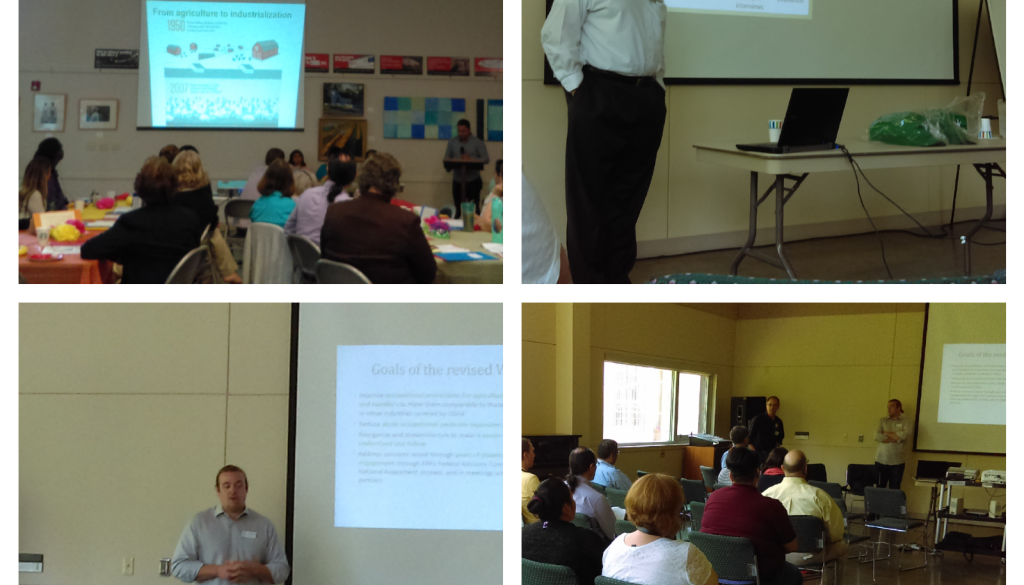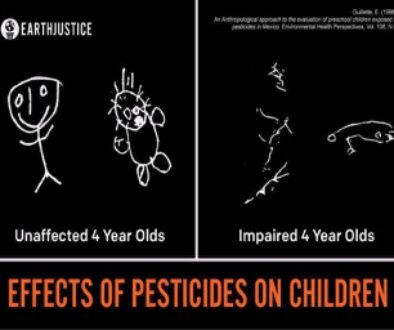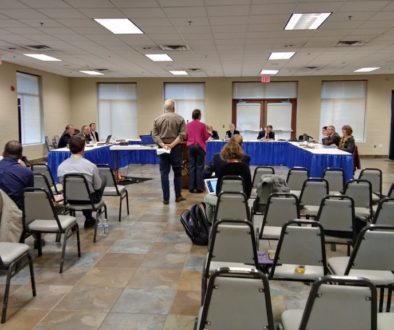April 2016 Newsletter
Toxic Free NC’s has a new Executive Director!
We are excited to announce that Program Manager, Dylan Williams, will be taking over as Executive Director on June 1st of this year! Stay tuned for an open letter from him in the coming weeks, but for now here’s a quick word from him on the transition and future of Toxic Free NC:
“First of all I want to thank Harry Payne for taking on the directorship over the past year. I am grateful for his leadership and guidance during his tenure and especially now as I move toward this new role. I am honored and humbled by this opportunity and look forward to supporting the work of this incredible team, ensuring continued protection of the health of North Carolinians and our environment. Toxics in our daily lives are more pervasive than ever. As industry finds new ways to prescribe need for chemicals in the home, in the field, or on our bodies, we have to remain vigilant and advocate for sound science and protective legislation. I look forward to working with you, for you, and continuing the 30 year legacy of Toxic Free NC. Please feel free to call, write, or stop by our office, as this work can only move forward if we work together!”
Toxic flame retardants policy
Toxic Free NC at the subcommittee table making sure that legislators know that we want toxic chemicals out of our children’s bedding products!
April has been busy leading up to the General Assembly going back into session for the 2016 short session this Monday. Toxic Free NC was in subcommittee meetings this month with other members of the NC Coalition for Environmental Health as we worked with legislators, firefighters, mothers, doctors, and others to get toxic flame retardants out of bedding products. Unfortunately, we faced some extreme opposition from the American Chemistry Council and other industry representatives and the Environmental Review Committee in the General Assembly decided not to pursue a ban on these flame retardants this session. However, the Committee did propose that the Department of Health and Human Services, Department of Agriculture and Consumer Services, and the Department of Environmental Quality work together to develop a toxics action plan for future consideration to ban these chemicals from bedding and other products.
Our Forest Aren’t Fuel Rally
Toxic Free NC speaks with Charlotte residents about the effects of pesticides in our food system, school, and child care facilities and what we can do to stop it!
Toxic Free NC was in Charlotte this month with many other organizations to support the Our Forests Aren’t Fuel Campaign. This campaign asks the biofuel industry to stop cutting the Southeast’s forests down for biofuel that they claim in carbon neutral. The state of the science says this is not so and industry science does not factor in other inputs such as pesticides when growing these trees for “green energy”. It was great to reconnect with old allies in the Charlotte-Mecklenburg area, get some great tours of amazing work being done in the area, and solidify new relationships. We will be back in Charlotte tabling this Sunday, May 1st for a Community Garden Dedication at Shalom Park from 10AM to 12:30PM. Come out and see us!
NC Farmworker Institute
Toxic Free NC and the NC Department of Agriculture teaming up for a informative workshop on the revised WPS (bottom L and R); researchers from Wake Forest University sharing chemical exposure results for farmowrkers (upper R); and advocates address poultry worker concerns (upper L).
Toxic Free NC had the great opportunity to participate in the 2016 NC Farmworkers Institute as a workshop presenter on the revised Worker Protection Standards (WPS). This event brought together farmworkers, advocates, and researchers from around the state to share current issues facing farmworkers, and strategies for increased enforcement tactics. It was great to team up with the NC Department of Agriculture for this workshop so that they could hear from the community various strategies that will lead towards a meaningful implementation of the revised rules for protecting farmworkers from pesticides. Many of the strategies include how to use social media to stay in touch with farmworkers after the grow season, strengthening the relationship between NC Department of Agriculture inspectors and farmworkers, and strategic partnerships between health and faith non-profits and the NC Department of Agriculture.





.jpg.png)

